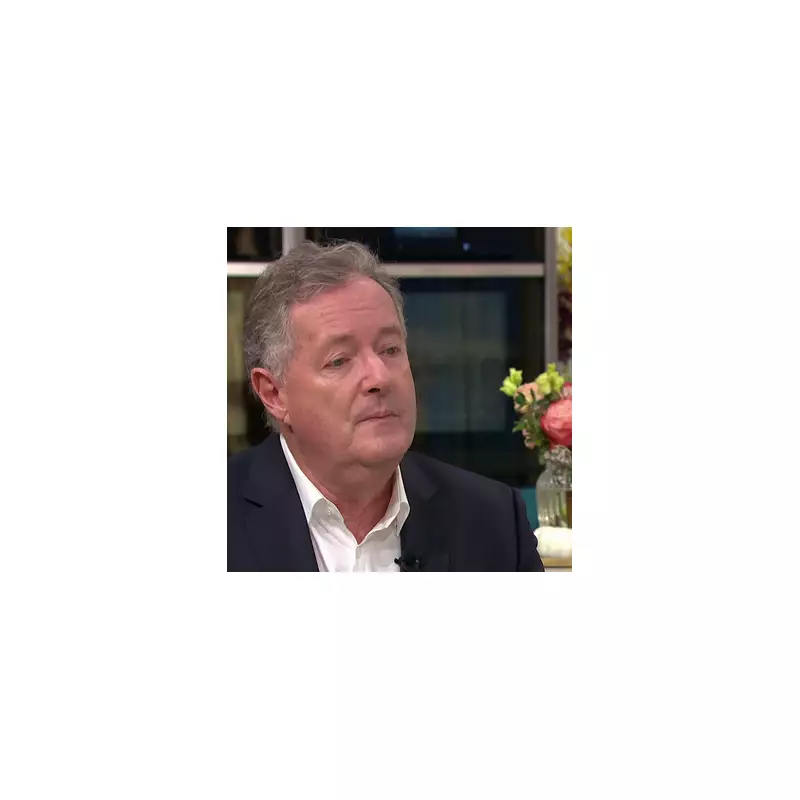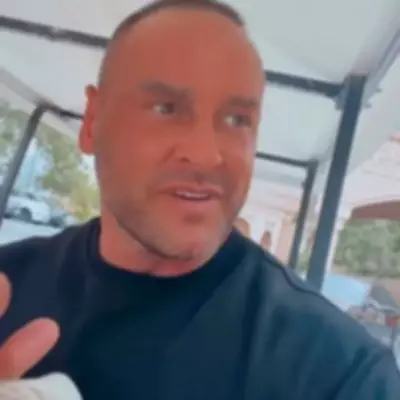
In a typically explosive outburst that's set social media alight, Piers Morgan has launched a blistering attack on what he describes as the "patronising" and "virtue-signalling" nature of modern morning television.
The outspoken broadcaster didn't hold back during his appearance on News UK's television show, where he defended his controversial stance on gender identity debates that previously led to his dramatic exit from Good Morning Britain.
The Unfiltered Critique
Morgan declared that contemporary morning shows have become increasingly "woke," suggesting they prioritise political correctness over genuine debate. "They're all so terrified of saying anything that might offend someone," he asserted, claiming this approach ultimately patronises viewers.
His comments come amid ongoing discussions about balancing inclusive language with free speech in broadcasting. Morgan positioned himself as a champion of saying what "ordinary people really think" rather than adhering to what he perceives as media groupthink.
Defending Controversial Positions
The former GMB host specifically referenced the incident that culminated in his departure from the ITV programme. His comments about Meghan Markle's interview with Oprah Winfrey sparked over 57,000 complaints to Ofcom, though the regulator ultimately cleared him of breaching broadcasting rules.
"I'm not going to be told what to think or what to say by the woke brigade," Morgan stated emphatically during the discussion. He maintained that his perspective reflects broader public sentiment that often goes unrepresented in mainstream media.
Industry Reactions and Public Response
As expected, Morgan's latest broadside has divided opinion across social media platforms and within media circles. Supporters have praised his refusal to conform to what they see as increasing censorship, while critics accuse him of deliberately provocative statements designed to generate headlines.
The debate touches on larger questions about the role of morning television in contemporary Britain and whether it should challenge audience perspectives or reflect evolving social norms.
With Morgan showing no signs of tempering his approach, this latest intervention ensures the conversation about free speech, cancel culture, and broadcasting standards will continue to dominate media discussions in the coming days.





